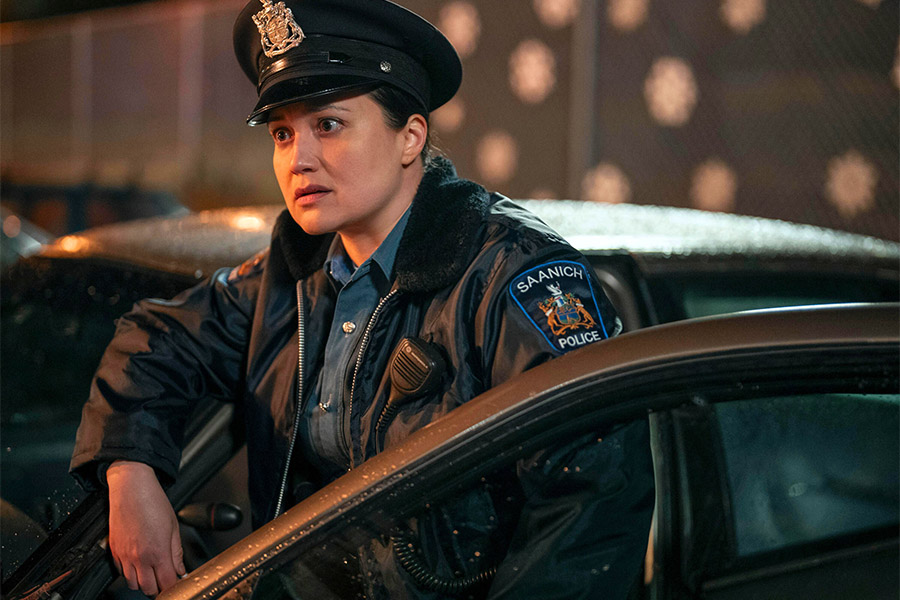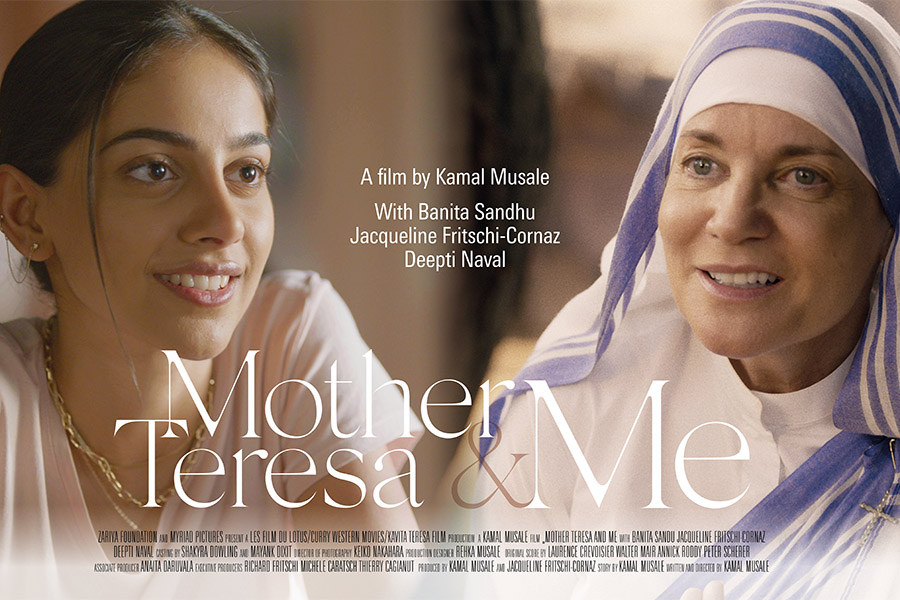NEW YORK (OSV News) – Few literary sources have been adapted for the screen more often, or in more diverse ways, than Bram Stoker’s classic 1897 novel “Dracula.” From the days of silent pictures to Bela Lugosi’s 1931 personification of the vampire and on to Christopher Lee’s repeated turns in the role, Stoker’s count has maintained his fascination.
Does he continue to do so in the gory chiller “The Last Voyage of the Demeter” (Universal)? Not really. Instead, the film registers as competent but uneven, with its evident artistic intent barely justifying the quarts of blood spilt as its plot unfolds.
Together with director André Ovredal, screenwriters Bragi Schut Jr. and Zak Olkewicz aim to take a fresh approach to their subject by basing their movie on a single chapter of Stoker’s book. The passage partly takes the ostensible form of a ship’s log kept by the commander of the titular vessel, Capt. Eliot (Liam Cunningham), in the year “Dracula” was published.
Before the Demeter sets sail from Carpathia to London, Dr. Henry Clemens (Corey Hawkins) joins its crew as a simple sailor. Even in this capacity – and regardless of the advanced education he received, so the dialogue informs us, at Cambridge University – the Afro-British physician is the object of racial animus.
That soon becomes the least of his worries, however, once he – along with everyone else on board – discovers why it’s a bad idea to transport cargo shipped anonymously from Transylvania. There’s an incredibly strong, super-speedy fiend packed in the hold, it seems, and he has no intention of staying put.
As macabre and grisly events begin to overtake the craft, Eliot and Clemens are helped to interpret them by Anna (Aisling Franciosi), a young woman from bloodsucker territory they initially take for a stowaway. In fact, Anna was packed into one of Dracula’s dozens of crates as a potential source of plasma for the veindrainer.
There’s no hint here of Lugosi’s suave – if sinister – nobleman. This inhuman Dracula more closely resembles the eponymous predator of F. W. Murnau’s acclaimed 1922 production “Nosferatu.” Nor is Ovredal shy about showing his audience the results of this many-fanged monster’s serial attacks.
The unsparing depiction of the massive wounds Dracula inflicts is one reason this is not a cruise on which casual moviegoers should embark. Another is the script’s ambiguous treatment of faith.
On the one hand, traditional vampire lore is ignored when it comes to the effect of crosses or crucifixes on the undead. And the Demeter’s Philippine cook, Joseph (Jon Jon Briones), is a Bible-thumping zealot.
Yet one of the picture’s few really effective scenes features Anna praying at the informal funeral organized for one of Dracula’s victims. This somewhat offsets Eliot’s despairing assertion that God has abandoned his doomed ship.
Ovredal and his collaborators succeed in delivering the occasional jolt as well as in building up a sense of the claustrophobia gripping the trapped mariners. But their project founders when it attempts to turn serious and establish some larger context of a cosmic struggle between good and evil. Its challenging content, moreover, makes their movie suitable for few.
The film contains scenes of extremely bloody violence, gruesome and disturbing sights, a couple of profanities, about a half-dozen milder oaths, brief sexual references and occasional crass language. The OSV News classification is L — limited adult audience, films whose problematic content many adults would find troubling. The Motion Picture Association rating is R — restricted. Under 17 requires accompanying parent or adult guardian.
Read More Movie & Television Reviews
Copyright © 2023 OSV News







